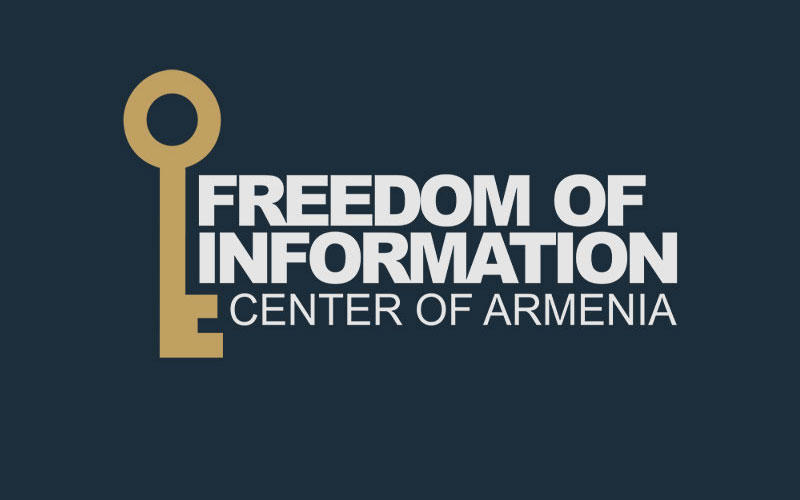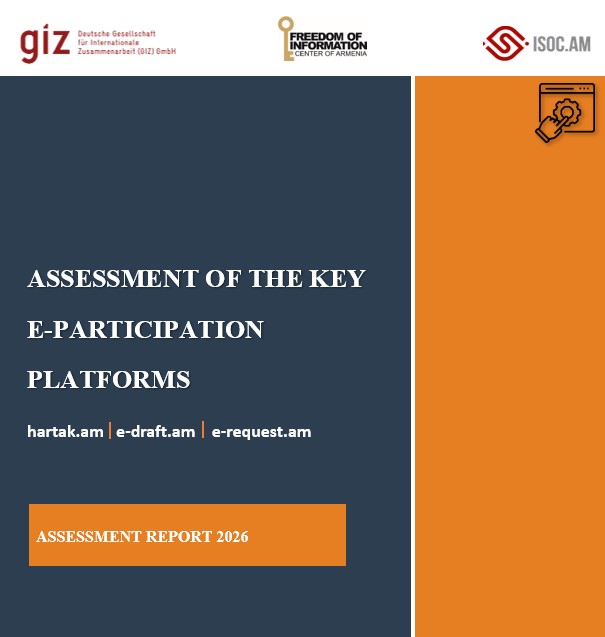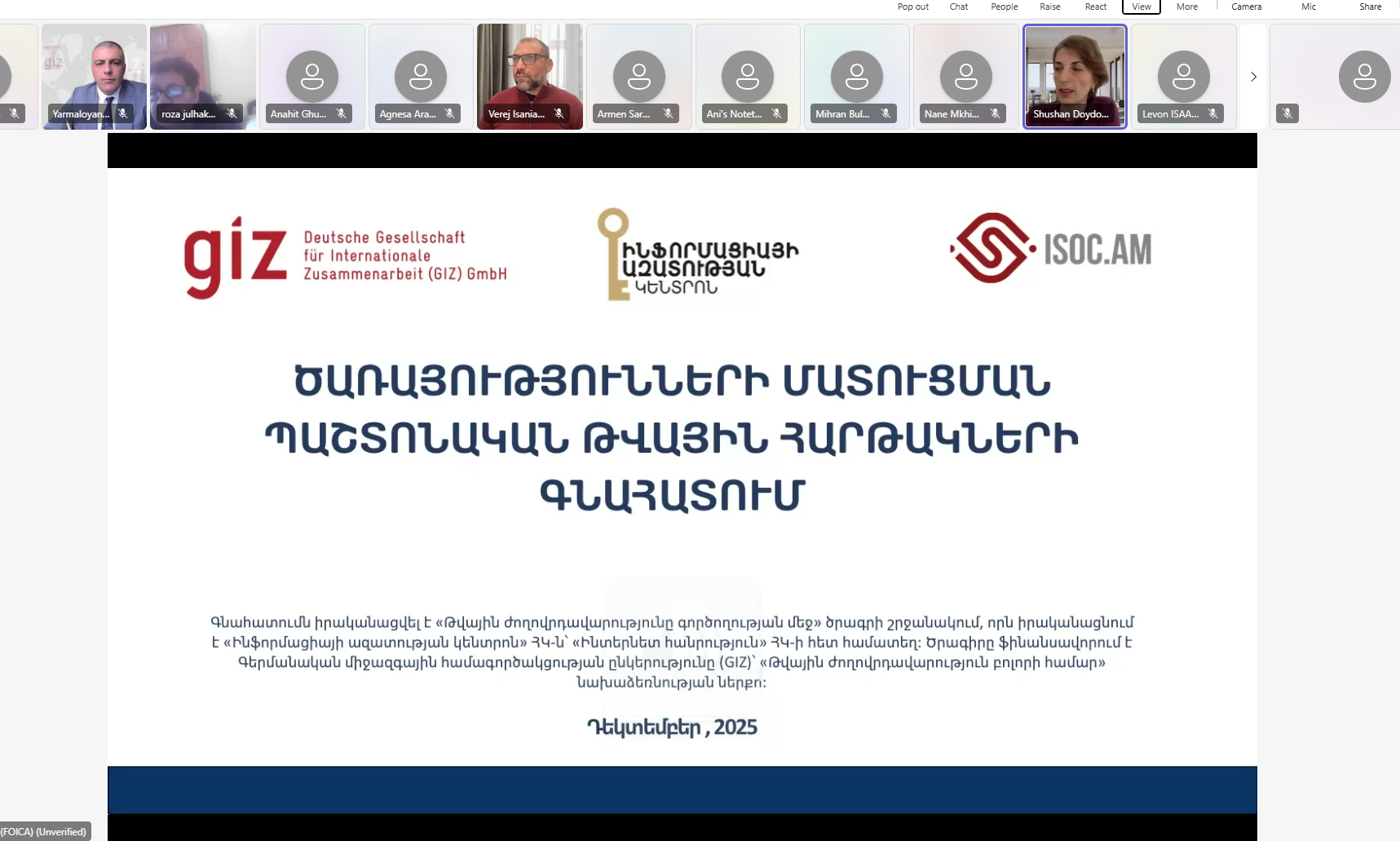The objectives of the monitoring are as follows:
to summarize the practice of local self-governing bodies in the regions (marzes) of the Republic of Armenia in application of amendments made in regard to the RA Constitution (2005) and RA Law On FOI (2003);
to review how open and public is the work of the community leaders; how the legislative requirements pertaining to FOI are applied in their daily work; what mechanisms they use to distribute information and how do they respond to the requests of the community residents to get information?
to find out what obstructions and problems are available in the process of applying the FOI legislation at the level of local self-governing bodies;
to elaborate necessary legislative requirements and undertake practical steps directed at complete implementation of the right to freedom of information.
The monitoring was conducted according to 4 basic methods:
1.submission of requests to get information by different applicants-Request monitoring;
2.submission of official requests by FOICA to the selected community leaders-Promotion monitoring (only in urban communities);
3.conducting interviews with 17 community leaders involved into the monitoring-Foloow-up interviews;
4.immediate review of mechanisms providing accessibility of information which is subject to obligatory publication.
Representatives of five different society groups took part in the application of the first method of monitoring: 1 journalist, 1 resident from the marz, 1 public organization, 1 disabled person and 1 resident from Yerevan. They sent 34 requests to get information to 17 community leaders involved into the monitoring. The 18 of these requests were addressed to urban, and the 16 to rural community leaders. All requests were submitted in writing and delivered by registered mail.
59% of the requests (or 20 requests) were given written answers, 1 of which was unlawful denial in writing; and 19 requests were given full positive answers, one of which, nonetheless, was inadequate according to its provision form. 14 of the requests or 41% remained unanswered.
It should be noted that the majority or 80 percent of the answers to the requests was received within 5 days as established by the law. The biggest number of responses 13 was received from urban communities, in rural communities this number constituted 9; there were requests which were left unanswered.
Of 34 requests sent by 5 different society group representatives during this monitoring 15 or 44% were denied, of which only one was denied in writing and even unlawfully. no response at all was given to 14 or 41% of the total number of the requests.
The big number of silent denials received from the local self-governing bodies is of a great concern also because of the closeness of these bodies to people, as it is assumed that they should be most open and accountable to the community members. The main reason for this is a lack of any unified procedure for proceeding with the information sought requests. These bodies fell behind in improving their professional skills and introducing electronic management mechanisms, they lack necessary technical facilities including computer data bases; the staff is undertrained and unacquianted with the requirements of the FOI legislation. Particularly, the majority of employees of these bodies are absolutely ignorant about the provisions of the RA Law On Freedom of Information.
The monitoring was conducted by Freedom of Information Center of Armenia with the financial support of the UNDP within the framework of The Right to Know Project.









